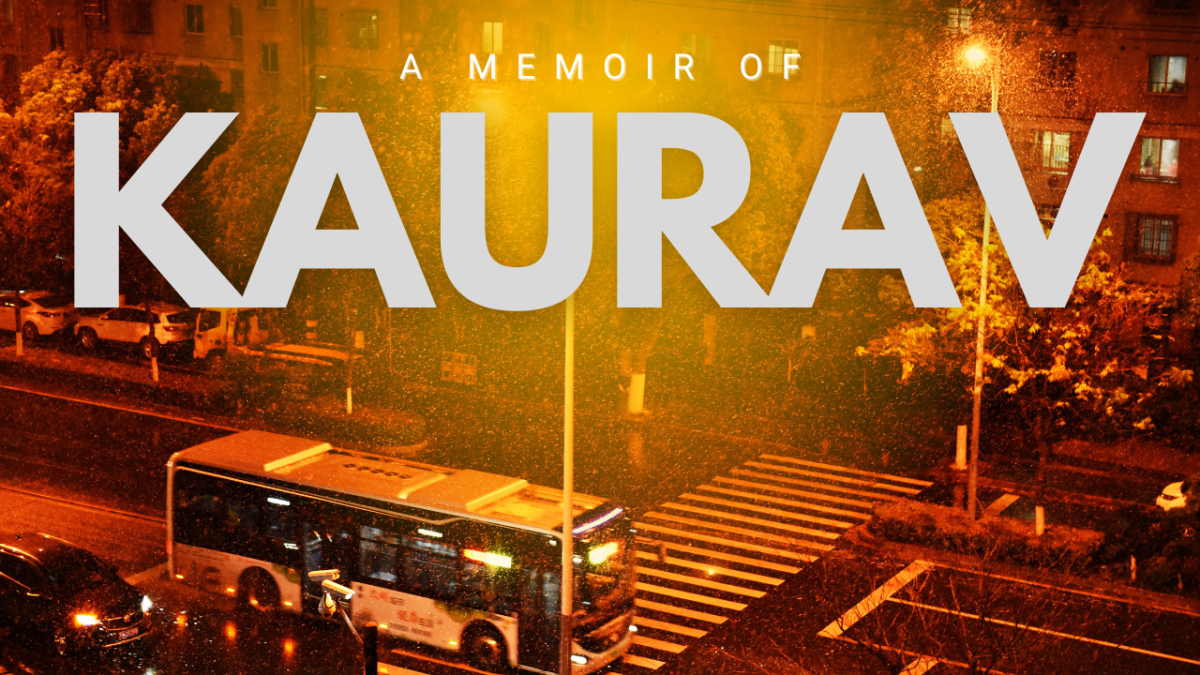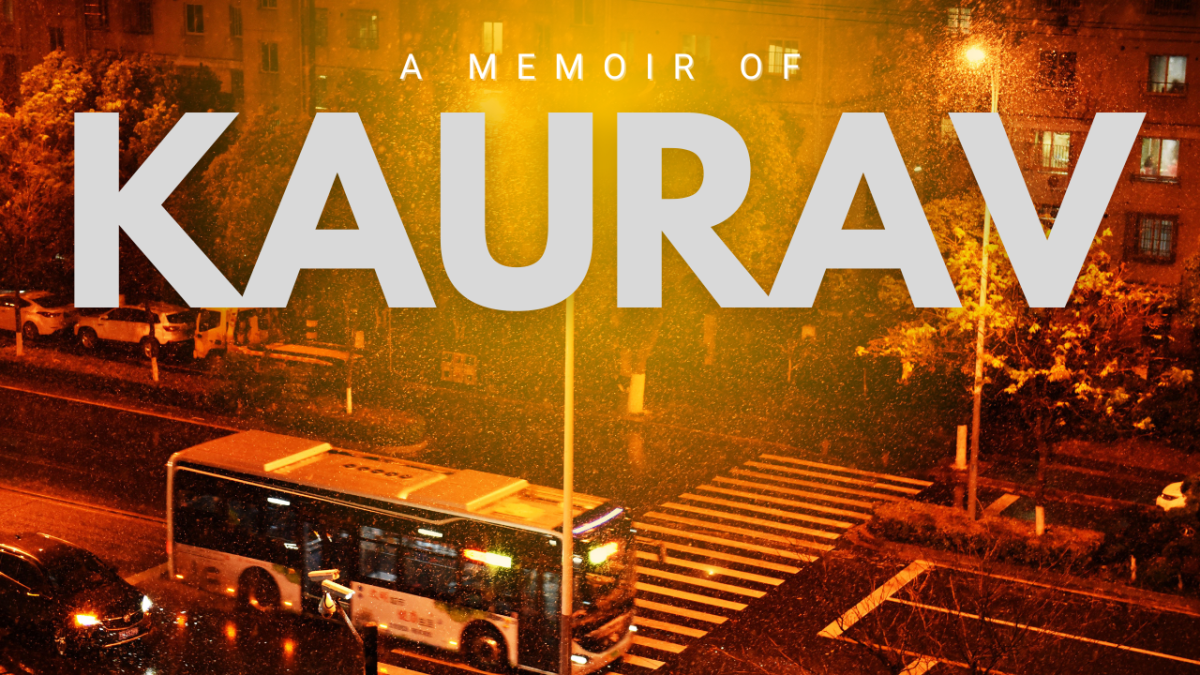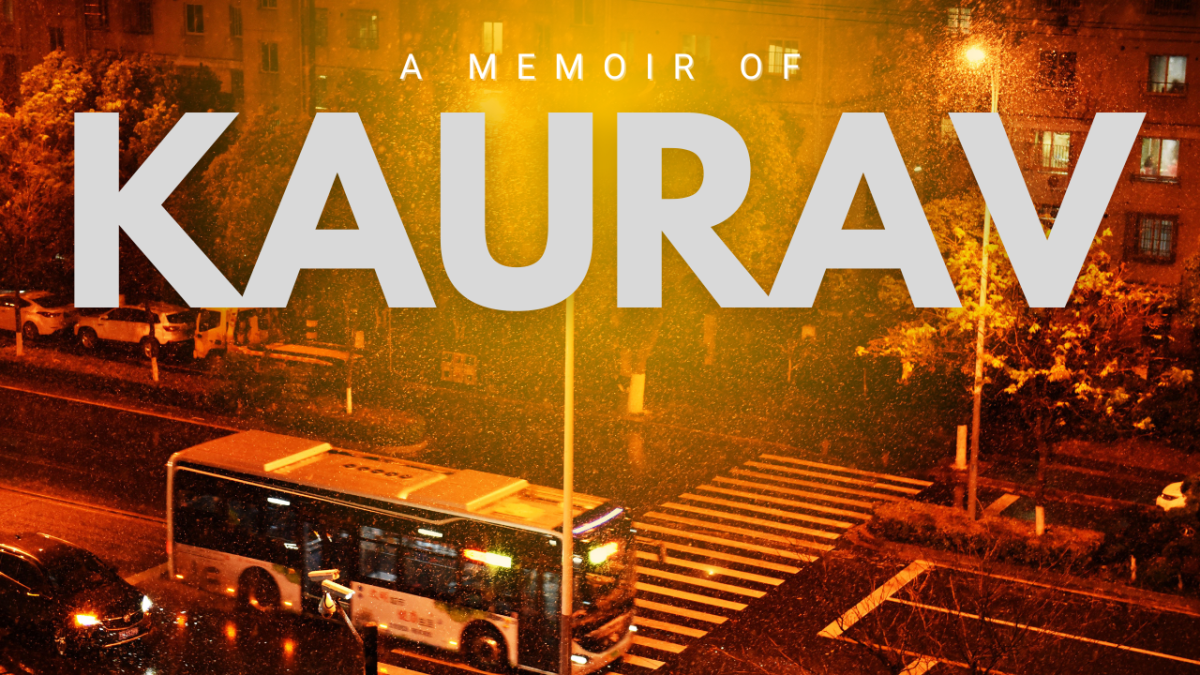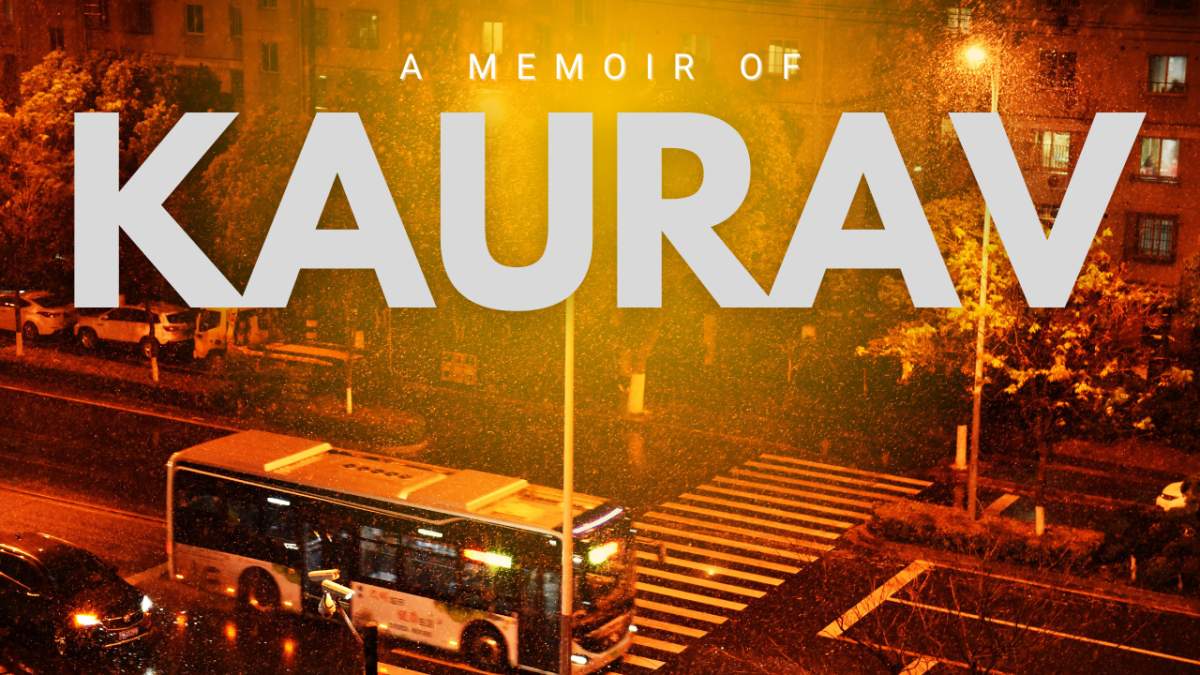Chapter 9: The Silent Grandfather
The bus wheels hummed against asphalt, and Kaurav found himself thinking of his grandfather's silence. During the Singur and Nandigram uproar, he had still been in school, his world small enough that politics seemed distant, abstract. The opposition party in West Bengal had only one member in the Lok Sabha then. He couldn't have imagined how deeply politics would eventually permeate every corner of his life.
His sympathy for leftist ideology had been inherited, passed down through family dinner conversations and his grandfather's patient explanations. This inheritance made today's Madam—the Chief Minister—his natural ideological adversary, though he hadn't understood it then.
During the Singur controversy, his grandfather had supported the Left Front government, explaining the importance of employment and development with the conviction of someone who had lived through decades of political change.
"Then why did she fast for twenty-six days?" Kaurav had asked.
"Because she's the opposition!" his grandfather had replied, as if this explained everything.
A few months later, on March 14th, his grandfather had become completely silent. Not argumentatively silent, not stubbornly silent, but eternally so. That night, Kaurav had woken to witness the moment when breath simply stopped, when presence became absence without ceremony or drama.
A few days after the funeral, he had seen the civil society march on television. It was there he first glimpsed Roni-da and Aparna Ghosh among the movement's leaders, though he wouldn't know their names for months.
Later, during a casual dinner conversation, he had mentioned watching the march. "As it reached Rabindra Sadan, there was a scuffle with the police. Many were arrested."
Parna-di had burst out laughing. When Kaurav looked confused, she composed herself and told the full story.
"I was teaching that day when my father called. I was so worried—he'd just returned from bypass surgery—that I answered right in the middle of class. But instead of medical emergency, I got a furious scolding: 'Who did you marry? A coward who just fled! While the police were arresting everyone, he disappeared. Why can't I see him in the police van?'"
She had hung up, finished her class under the shocked stares of her students, then called Roni-da.
"Where are you?"
"At home."
"You didn't join the march?"
"I did. But I left."
"The police arrested everyone, and you fled? Disgusting!"
When Kaurav had looked questioningly at Roni-da, the older man had replied mildly: "When they were singing 'Karar Oi Louhokopat' in jail, who do you think went to bail them out?"
"As if you would've dared go alone!" Parna-di had retorted, pinching him playfully. "If it wasn't for all the people with you, you'd never have managed it."
Siddhartha-da, who had been among those jailed, had told Kaurav how the police officer in charge—known for his refined yet domineering behavior—was now Additional Commissioner of the metropolis. Power, Kaurav had learned, moved in predictable circles.
At the time, his father had been posted in Suri. He had called Kaurav's mother and said, "Thank God I'm not in the police." His maternal grandparents and relatives had confidently declared: "No matter what happens, Buddhadeb will return to power."
His grandmother had simply muttered "Shivam"—let it be auspicious. His grandfather had had no strength left to express anything at all.
By then, Kaurav's mother would seldom find him at home in the afternoons. Her son had "grown up," after all, though neither of them understood yet what that growth would cost.
The bus continued through the darkness, carrying him away from those simpler times when politics had seemed like distant theater, when his grandfather's explanations had made the world comprehensible, when ideological inheritance had felt like a gift rather than a burden.
Now, years later, traveling through Karnataka toward another performance, Kaurav understood what his grandfather's final silence had meant. It was not defeat but recognition—the wisdom of someone who had seen enough political seasons to know that opposition and government were roles that actors exchanged, that principles were costumes worn until the next change of scene.
The old man had died before seeing his predictions proven wrong, before watching the Left Front's decades-long rule crumble. Perhaps that too had been a kind of grace—to slip into eternal sleep still believing in the permanence of things that were already ending.




Comments (0)
Rate this Article
How do you feel about this article?
Comments (0)
No comments yet
Be the first to share your thoughts!
Join the Discussion